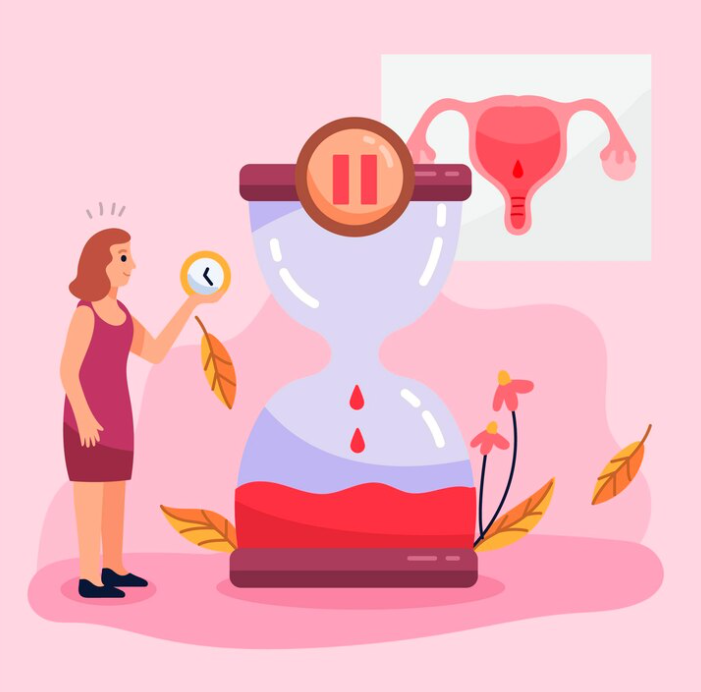
The Role of Hormones in Lifestyle Modifications for Managing Cervical Spondylosis
Introduction: Cervical spondylosis, a condition characterized by degeneration of the cervical spine, can significantly impact daily life. While lifestyle modifications are crucial for managing this condition, understanding the role of hormones in cervical spondylosis is equally important. In this blog, we’ll explore how hormonal imbalances can affect cervical spondylosis and discuss lifestyle changes to alleviate its symptoms.
Understanding Cervical Spondylosis: Cervical spondylosis, also known as neck arthritis, occurs when the discs and vertebrae in the neck deteriorate over time. This degeneration can lead to neck pain, stiffness, and reduced mobility. While factors like age and injury contribute to cervical spondylosis, hormonal imbalances can also play a role in its development and progression.
The Role of Hormones: Hormones, the body’s chemical messengers, influence various aspects of our health, including bone density and tissue repair. Estrogen, for example, helps maintain bone strength and density. As estrogen levels decline, particularly during menopause, women may experience accelerated bone loss, increasing their risk of cervical spondylosis.
Similarly, testosterone, the primary male sex hormone, plays a role in bone health. A decrease in testosterone levels, which can occur with age or due to other factors, may contribute to the development of cervical spondylosis in men.
Lifestyle Modifications for Managing Cervical Spondylosis: While hormonal imbalances may contribute to cervical spondylosis, lifestyle modifications can help manage its symptoms effectively. These modifications may include:
- Regular exercise to improve neck strength and flexibility.
- Maintaining good posture to reduce strain on the neck.
- Ergonomic adjustments at workstations to minimize neck and shoulder discomfort.
- Avoiding activities that exacerbate neck pain, such as prolonged sitting or heavy lifting.
- Eating a balanced diet rich in calcium and vitamin D to support bone health.
Conclusion: Cervical spondylosis can significantly impact quality of life, but understanding the role of hormones and implementing lifestyle modifications can help manage its symptoms effectively. By adopting healthy habits and seeking appropriate medical guidance, individuals can alleviate neck pain, improve mobility, and enhance overall well-being.
To seek medical advice, always consult a Doctor. Here are our recommended experts. Click Here
To read more on Cervical Spondylosis. Click Here


